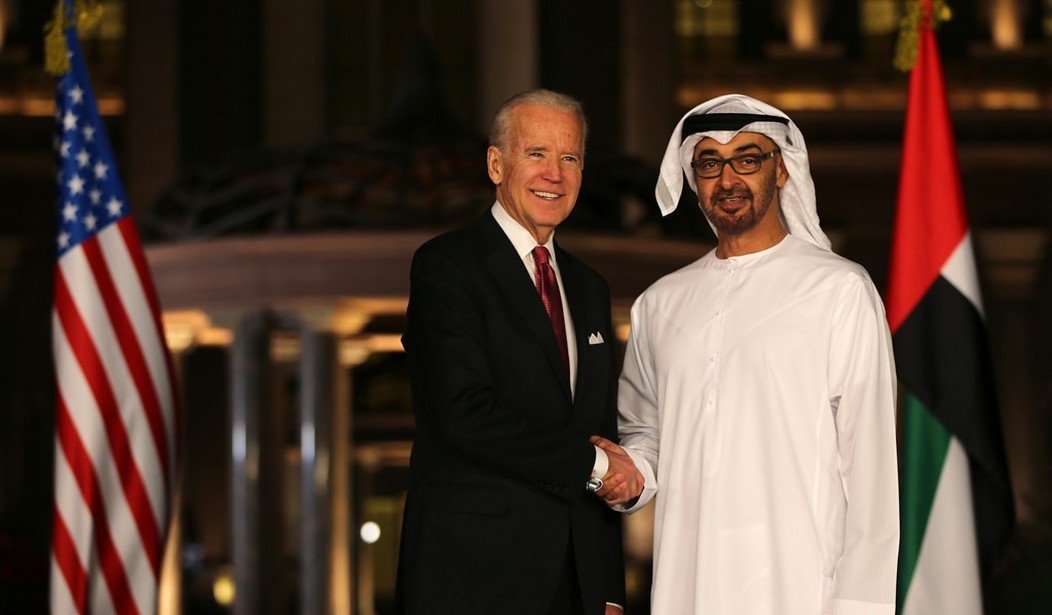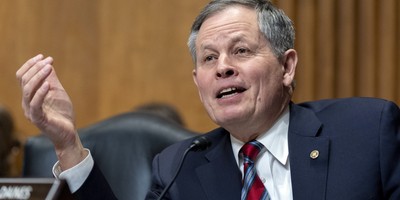While eyes have been drawn to Lebanon and also New York as world leaders gathered for the 79th UN General Assembly (UNGA), a significant meeting took place in Washington between President Joe Biden and UAE President Sheikh Mohamed bin Zayed Al Nahyan (MBZ). Not only did this mark the first ever White House visit by an Emirati president, but it also signaled a paradigm shift in growing US-UAE relations with natural implications for regional security writ large.
The meeting came amid a serious escalation of conflict in Lebanon and an ever-worsening humanitarian crisis in Gaza, but also during a divisive U.S. election campaign. This reaffirmed the significance Washington places on its ties with the UAE, a relationship which has proven to be vital in recent months.
The UAE has proven itself to be an adept U.S. partner and a beacon of stability in an increasingly turbulent regi
Given its historic impact, a meeting with former President Donald Trump was unsurprisingly on the UAE President’s calendar. Although the Accords have stood firm since October 7th, the likelihood of its expansion is off the cards for the time being. The UAE nonetheless remains the key player, leveraging the Accords to establish a field hospital in Gaza, deliver substantial humanitarian aid, facilitate evacuation flights,
Abu Dhabi’s unique diplomatic position in the Middle East makes it a vital partner for Washington, not least through its housing of over 5,000 American troops and regular collaborations with US-led anti-terrorism and anti-financial corruption campaigns. At the same time, Emirati firms are benefitting from extensive American investment and expertise.
Recommended
Ahead of the Washington visit, Abu Dhabi sought to make clear that economic cooperation – in sect
From a trade perspective, growing ties between the countries are clear. Bilateral trade in 2023 stood at over $4
On the climate front, the US-UAE Partnership for Accelerating Clean Energy (PACE) launched in 2022 continues its efforts to mobilize over $100 billion in investment, financing wider support for clean energy. Meanwhile, UAE firms including ADNOC, Masdar and Mubadala remain instrumental to the platform’s success, with Emirati investments in clean and renewable energy surpassing over $12 billion currently.
Despite these positive developments, it is no secret that Washington has sustained its concerns over supposed Chinese influence in Emirati technology companies like G42, a major AI player.
However, a $1.5 billion investment by Microsoft in G42 in April as well as Nvidia’s teaming up with G42 to create a climate tech lab in Abu Dhabi demonstrates both America’s recognition of the UAE as a significant AI player, and also Abu Dhabi’s desire to forge closer U.S. ties.
A joint statement affirmed the "excellence" of the countries’ private sectors, referencing the Microsoft-G42 partnership as well as joint efforts to cooperate further on AI through a new framework. It also reiterated the importance of the India-Middle East-Europe Economic Corridor (IMEC), continued climate collaboration building on the UAE’s hosting of COP28, space collaboration and crucially the vital security partnership between the countries, describing the UAE as "one of the most capable U.S. military partners in the region."
While optimism around a burgeoning economic relationship featured prominently, the heads of state proceeded to address rising geopolitical tensions in the Middle East.
With growing concerns over escalation in Lebanon, the Biden administration designated the UAE a major defense partner, joining India and Israel on the exclusive list. The move to enhance the UAE’s strategic status allows for closer military cooperation and security coordination in areas such as technology, joint operations and training.
As US-UAE bilateral ties evolve amid shifting regional dynamics, it is clear that forward-looking alliances are crucial to addressing the world’s most pressing challenges. While traditional economic and defense agreements draw the contours of global affairs, collaboration in cutting-edge sectors is vital for tackling shared threats like the climate crisis and rising inequality.
From an Emirati perspective, this visit has served to consolidate its global position not only as a technology and trade hub but also as a vital partner in the Middle East for Washington - regardless of who is commander
President MBZ’s visit has no doubt been a shared success for both parties and delivered a blueprint for the future of US-UAE relations, one that is grounded in a shared vision for global progress and regional stability with innovative technology as the key enabler.
Maintaining such positive momentum will be a challenge regardless of who enters the White House next year, but is someth

























Join the conversation as a VIP Member